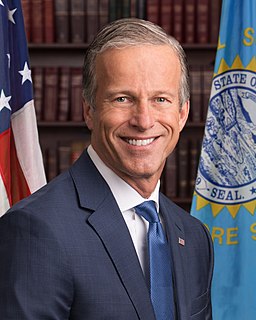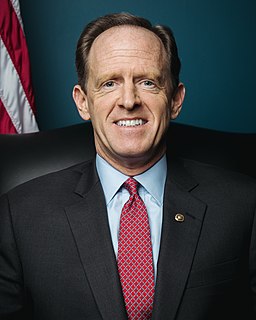A Quote by John Cornyn
Unfortunately, the (budget) does not . . . help Congress reform such programs as Medicaid and Medicare, which both grow at average rate of around 8 percent each year through 2015 and will continue to eat up more of the total federal budget.
Related Quotes
There'll be some savings from preventing double dipping by public servants which are currently able to access not one but two fully tax payer funded schemes and of course there will be out paid parental leave levy. So all up not only is this an important economic reform, an important reform to have to grow our economy more strongly, it also will leave the budget better off which will help us fix the mess that Labor has created with the budget.
My approach to cutting spending as president, is to do a ten percent across the board cut of all federal agencies, and then ask each of my new agency heads to find another ten percent by drilling down. That's what you do in business to come up with approximately 20 percent cuts for the first fiscal year budget.
The growth of the American food industry will always bump up against this troublesome biological fact: Try as we might, each of us can only eat about fifteen hundred pounds of food a year. Unlike many other products - CDs, say, or shoes - there's a natural limit to how much food we each can consume without exploding. What this means for the food industry is that its natural rate of growth is somewhere around 1 percent per year - 1 percent being the annual growth rate of American population. The problem is that [the industry] won't tolerate such an anemic rate of growth.
A tax cut means higher family income and higher business profits and a balanced federal budget....As the national income grows, the federal government will ultimately end up with more revenues. Prosperity is the real way to balance our budget. By lowering tax rates, by increasing jobs and income, we can expand tax revenues and finally bring our budget into balance.
People in the individual marketplace should have more options. The plan that we - the discussion draft that we have out, actually opens up for people who are zero percent to 100 percent of the federal poverty level, not eligible for Medicaid, would open up the opportunity for them to purchase insurance with help from the federal government.
I'm the guy that has written at great length about exactly how we should profoundly reform Social Security. If I were afraid of going after entitlements, I wouldn't have done that, I wouldn't have put Medicaid reform in this budget, I wouldn't have called for the reductions in spending, which people will scream about, but I think are necessary.

































